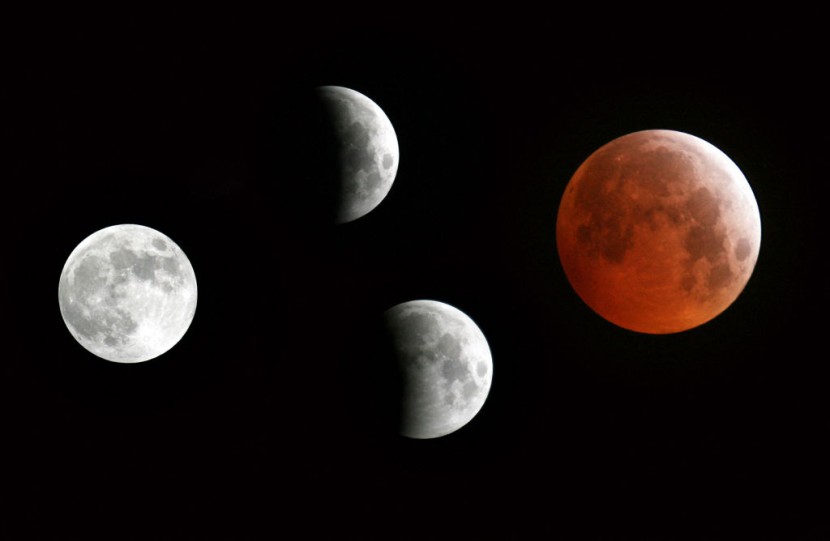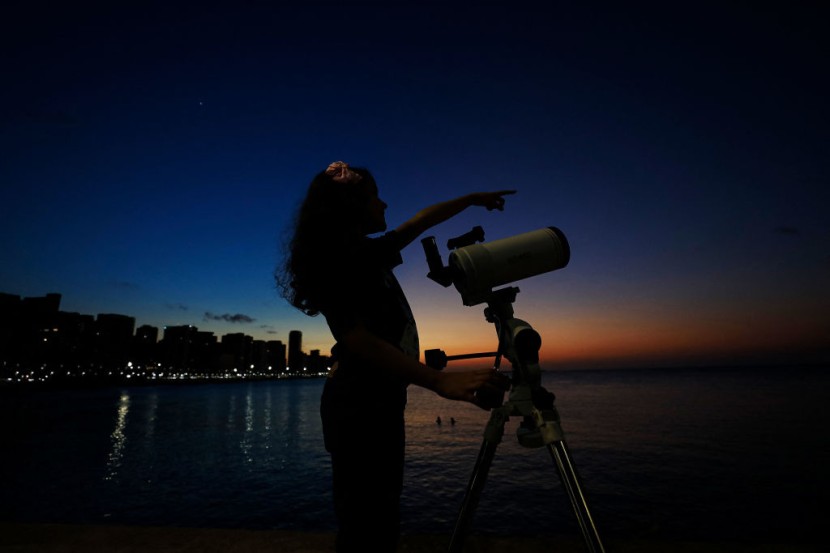Can AI replace humans in cosmology and astronomy fields?

There's no denying that artificial intelligence and machine learning can do a lot of things that people can't.
These technologies can also perform human tasks better and faster than actual humans.
Because of this, many people are concerned that AI can replace them in their jobs.
However, scientists and other experts said AIs still need humans to function properly and can't replace people.
This is also the case in astronomy and cosmology.
Can AI Replace People in Cosmology and Astronomy?
According to Engadget's latest report, cosmologist Andrew Pontzen, the author of "THE UNIVERSE IN A BOX: Simulations and the Quest to Code the Cosmos," explained why AIs couldn't replace humans in cosmology and astronomy.

Artificial intelligence and machine learning can be trained to spot objects in outer space. They can work with specialized Earth- and space-based telescopes to study heavenly bodies.
Overall, AI and ML models can simplify and enhance certain scientific approach aspects, especially those requiring complex information processes.
However, one thing prevents AI and ML technologies from replacing humans in astronomy and other space studies.
This is the ability to supplant scientific reasoning entirely. Artificial intelligence and machine learning cannot do this since it requires an improved understanding of the universe surrounding the world.
Pontzen said that AIs and MLs still have a long way to go before they can completely replace humans in space observations and studies.
How AI Can Help in Space Explorations
Although artificial intelligence can't replace humans in cosmology and astronomy, AIs can definitely improve space exploration.
Forbes reported that space agencies could use AI models to enhance spacecraft's take-off and landing capabilities.
Aside from this, artificial intelligence can also be used to enhance autonomous rovers. AI can help NASA and other space organizations when it comes to mapping the universe as well.
You can click this link to learn more ways how AI can benefit space missions.
Related Article : NASA Says 'UFO' Spotted in Las Vegas Likely a Bright Meteor
© 2026 HNGN, All rights reserved. Do not reproduce without permission.








